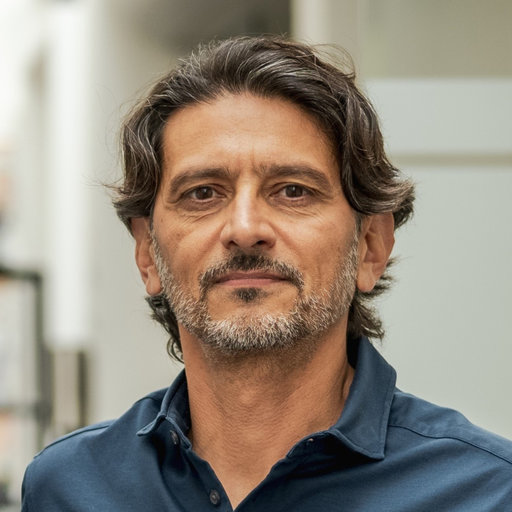Inaugural Lecture and Reception for Professor Sotirios C Kampranis
Biochemical engineering drives the green transition
 Production of many valuable biomaterials today is neither green nor sustainable. Flavours, fragrances, dyes, pesticides, and biopolymers, are currently produced either from petroleum using environmentally damaging catalysts and solvents, or by over-cultivation and over-harvesting of plants. Other biomaterials, such as proteins derived from milk, egg or meat, require animal-farming, considerable amounts of land and energy, and are responsible for a large percentage of total greenhouse gas emissions. The future of our planet depends on our ability to replace current technologies for producing these biomaterials with new, sustainable and, at the same time, economically viable methods.
Production of many valuable biomaterials today is neither green nor sustainable. Flavours, fragrances, dyes, pesticides, and biopolymers, are currently produced either from petroleum using environmentally damaging catalysts and solvents, or by over-cultivation and over-harvesting of plants. Other biomaterials, such as proteins derived from milk, egg or meat, require animal-farming, considerable amounts of land and energy, and are responsible for a large percentage of total greenhouse gas emissions. The future of our planet depends on our ability to replace current technologies for producing these biomaterials with new, sustainable and, at the same time, economically viable methods.
Engineering organisms to produce the biomaterials we use today by converting simple biomass to valuable products holds the key for the green transition. In this lecture, I will present how our work combines basic research in biochemistry with protein engineering of biosynthetic enzymes and metabolic engineering of industrially amenable microorganisms to provide solutions for a greener planet. Using specific examples, I will demonstrate the complete process from the identification of a target compound, the elucidation of its biosynthesis, the establishment of laboratory strains that synthesize the desirable product, the upscaling of production to achieve viable scales and cost, and finally, the commercialization process that brings the final product to the consumer.
After the lecture, Department of Plant and Environmental Sciences will host a reception in the CPSC Hall (main entrance via Bülowsvej 21).
Remote attendants can also join the lecture via Zoom.
Watch on Zoom
You can also follow the lecture here.
Passcode: 488021
